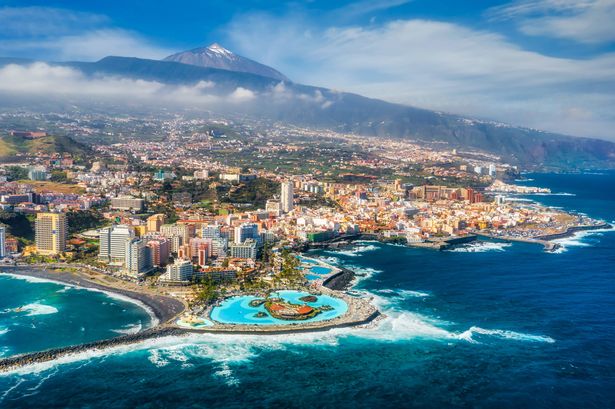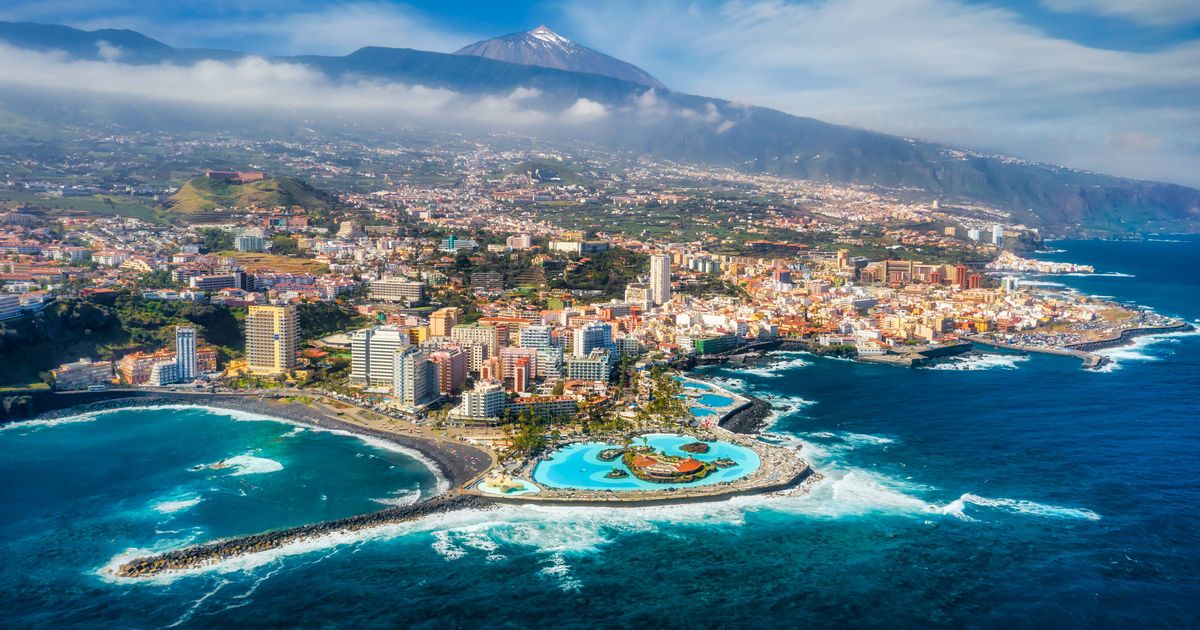The Canary Islands have been at the centre of a tourism ‘crisis’ in recent months, with anti-tourist sentiment escalating across Spain as Brits are urged to ‘go home’
08:15, 12 May 2025Updated 08:15, 12 May 2025
 Tourists have been met with warning signs from unhappy locals(Image: Eduardo R via Getty Images)
Tourists have been met with warning signs from unhappy locals(Image: Eduardo R via Getty Images)
Concern is quickly escalating on one of Spain’s most beloved islands due to a significant ‘dip’ in hotel reservations. Last year, a whopping 6.2 million international tourists were drawn to Tenerife – attracted by its consistently warm weather, affordable alcohol, sandy beaches, and renowned water park.
However, the influx was met with strong opposition from disgruntled locals, who claim they’re being pushed out of the housing market due to the skyrocketing demand for holiday rentals. Worries about boisterous tourists ruining the island’s national parks and congesting the roads added to the uproar, leading to a series of protests across Spain – with exasperated residents demanding vacationers ‘go home’.
Earlier this year, The Mirror reported on Spain’s ‘grim’ pledge to tourists ahead of the bustling summer season, as activists promised to ‘ramp up’ their actions against sun-seeking Brits. This follows a growing anti-tourist sentiment throughout the country, which has even turned violent.
Back in March, a chilling sign threatening to ‘Kill A Tourist’ was seen in Tenerife. Reports later surfaced that protesters had gone to the extreme of setting rental cars ablaze to convey their stark message.
Despite a strong start to the year with 775,205 international visitors flocking to the Canary Islands in January, marking a 3.05 per cent increase from 2024, it seems that holidaymakers are now heeding warnings as tourism operators report a downturn in bookings for the upcoming summer season, reports the Mirror.
During the Easter holidays, amid industrial action, Pedro Aldonso, president of the CEOE business association in Tenerife, reportedly highlighted the fragility of the industry, saying ‘every small collapse has an echo in trust’. He emphasised the importance of confidence, stating: “When confidence falls, investment comes to a halt,” and called for a return to ‘dialogue, trust, and common sense’.
Canarian Weekly quoted the tourism chief as saying: “This is not about making headlines. It’s about safeguarding jobs,” suggesting that the current dip could be swiftly countered by a rise in ‘last-minute’ holiday reservations.
Meanwhile, Spain’s deepening housing crisis and upcoming protests against tourism may inadvertently boost lesser-known destinations such as Turkey, which anticipates a record influx of tourists this year. Culture and Tourism Minister Mehmet Ersoy previously announced that Turkey is experiencing a surge in visitors, particularly from Russia, Germany, and the UK.
The politician highlighted Turkey’s popularity, stating: “Turkey has become the country with the highest number of early reservations in Germany,” and added ambitious targets: “We aim to welcome over seven million visitors from both Russia and Germany this year. Additionally, we expect 4.8 million visitors from the UK in 2025.”
